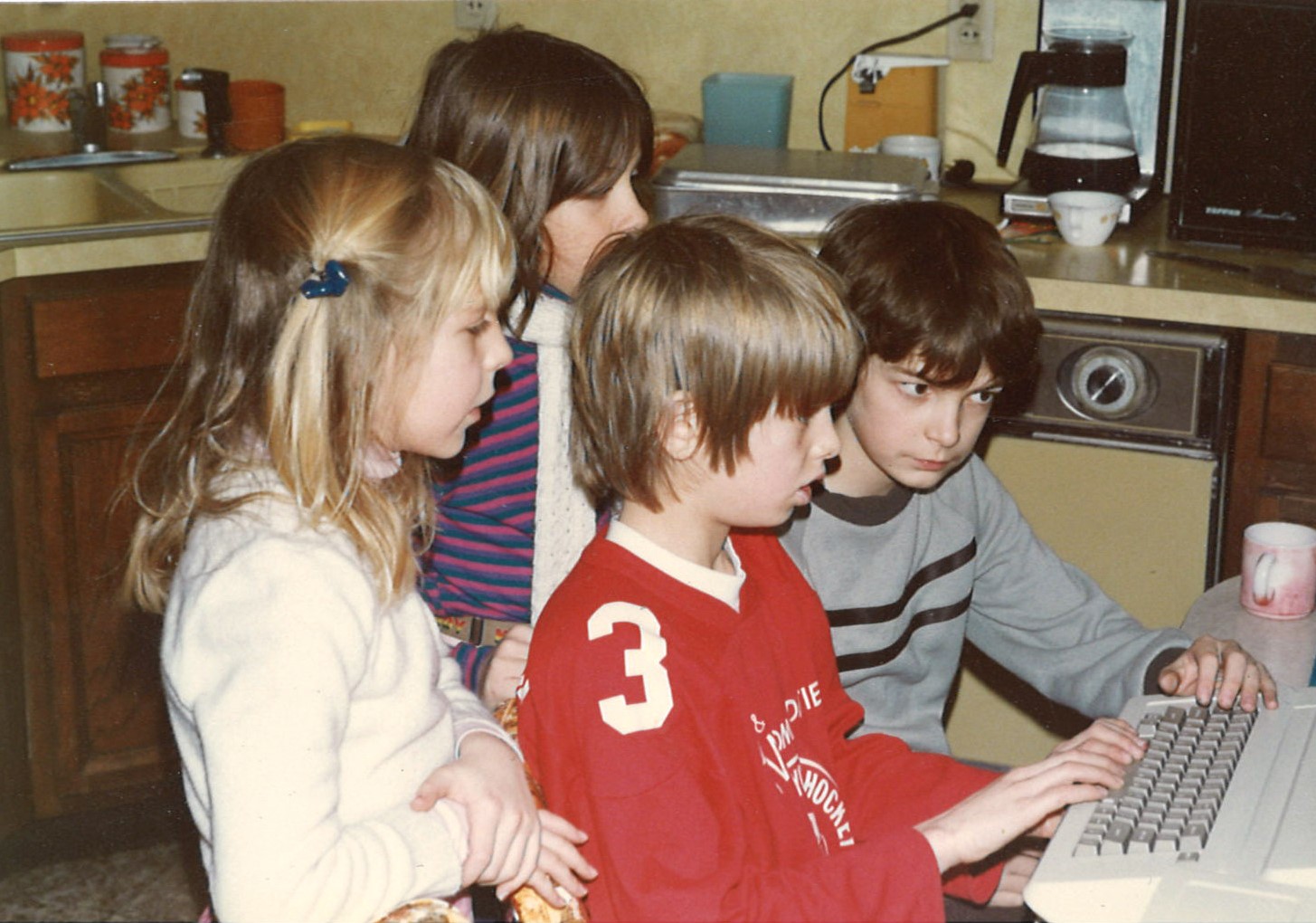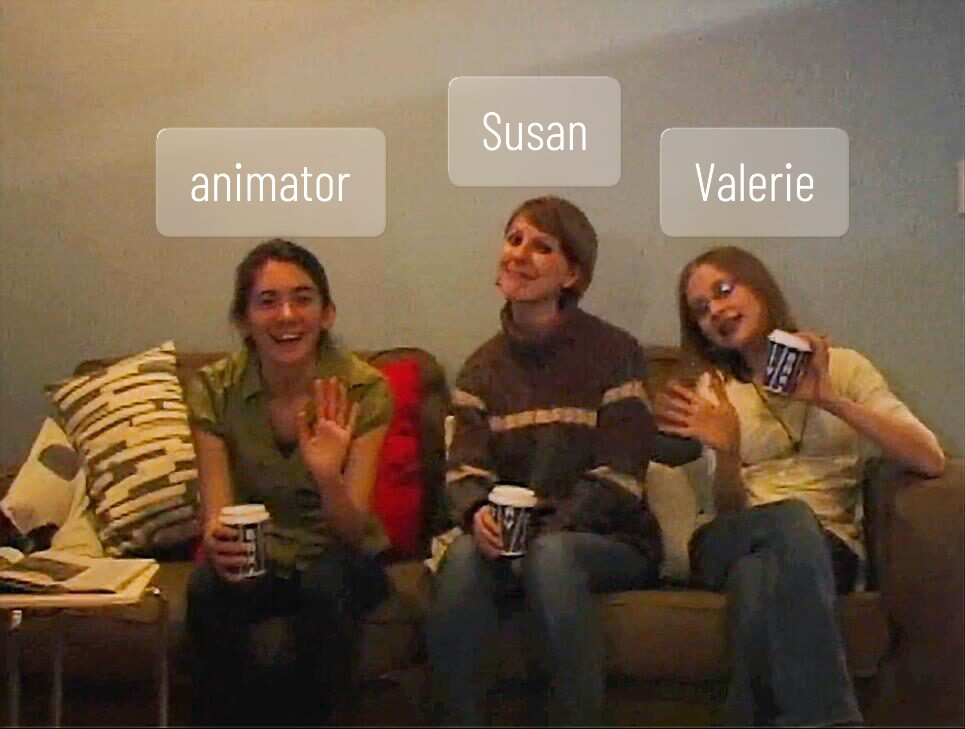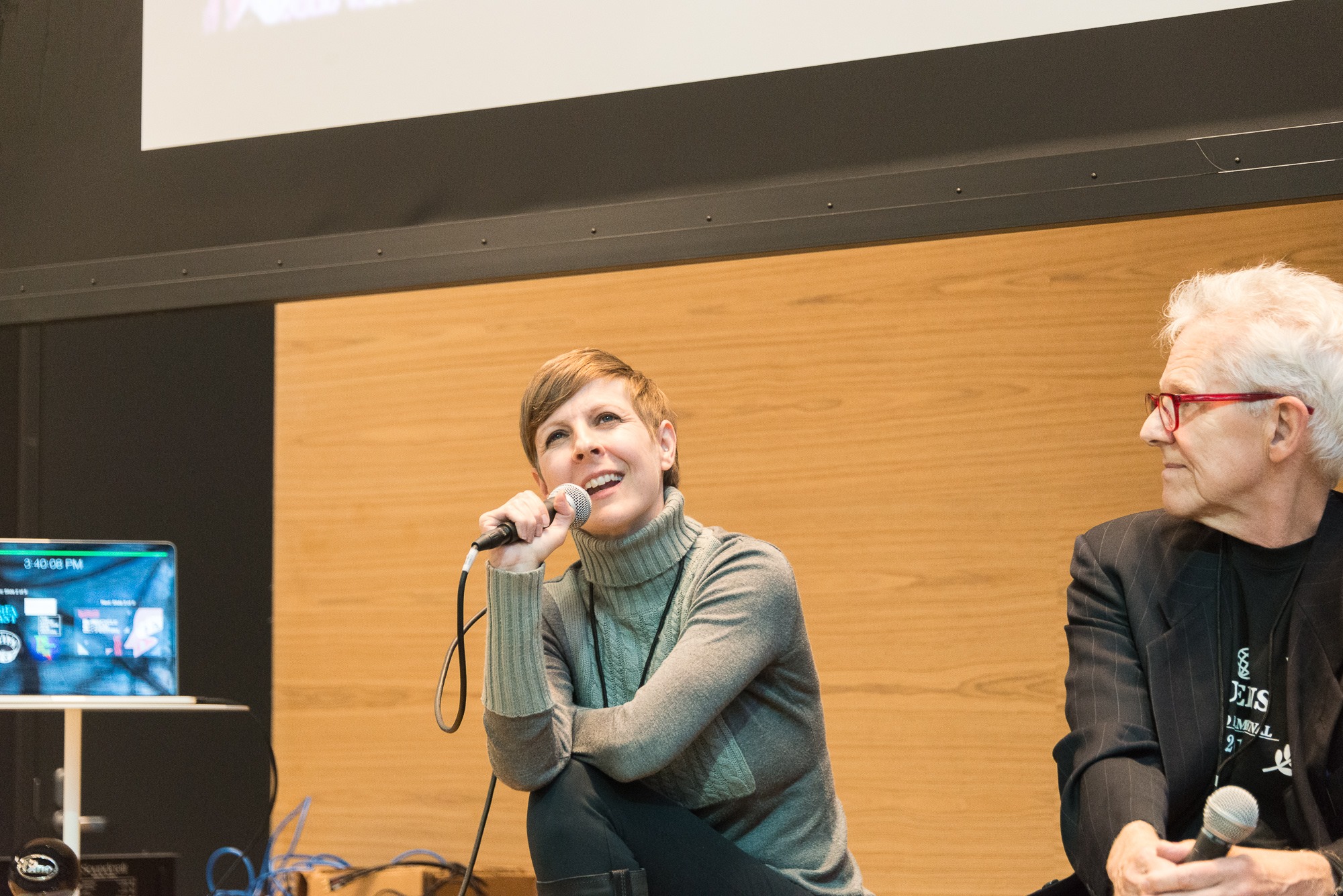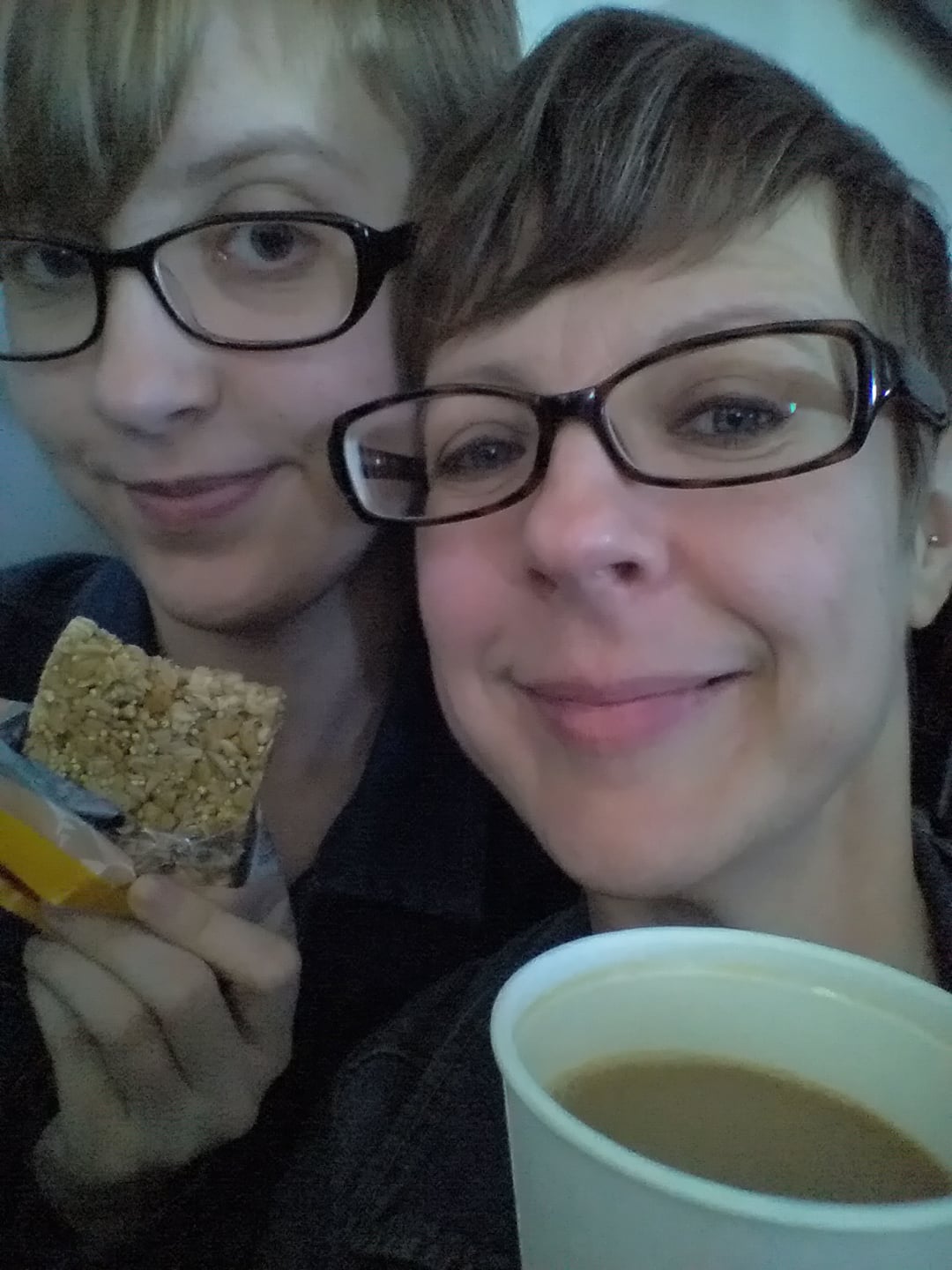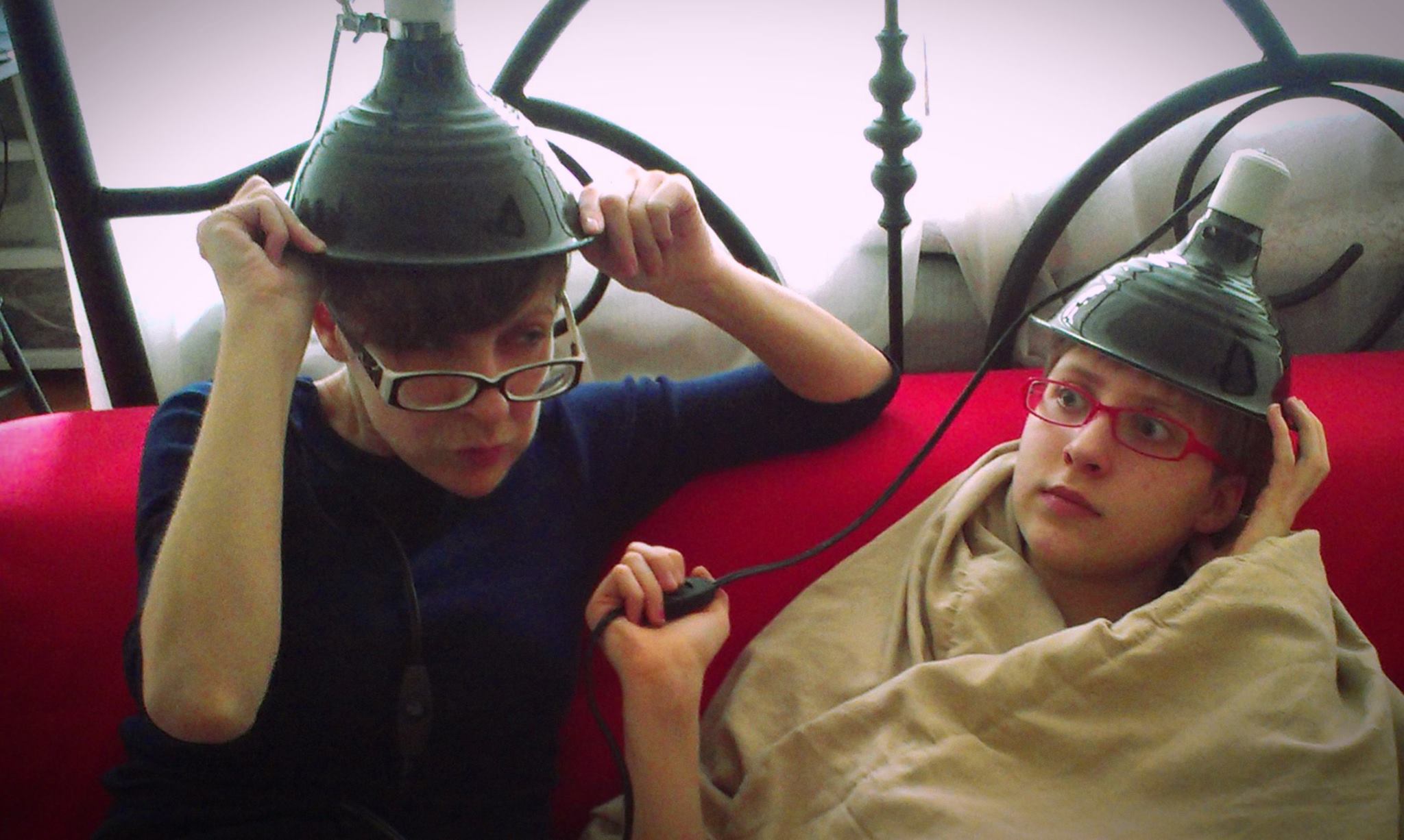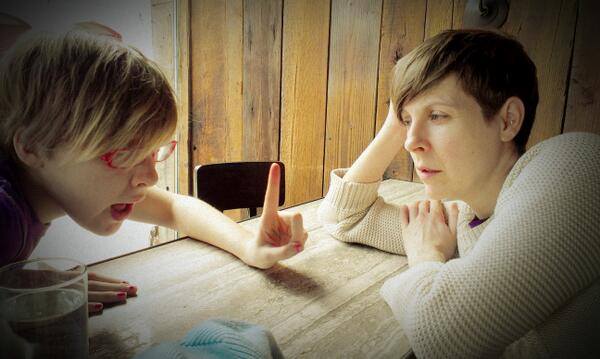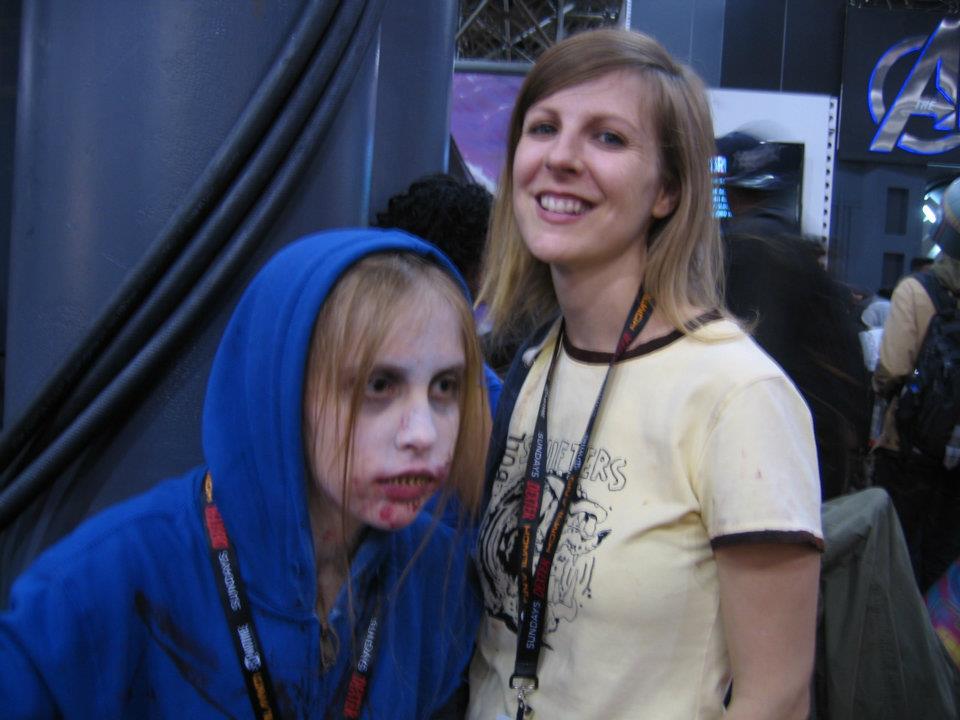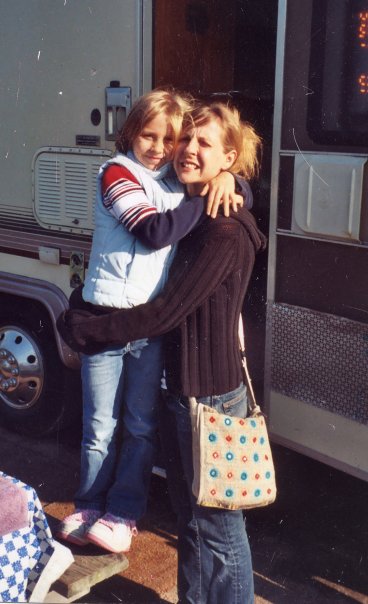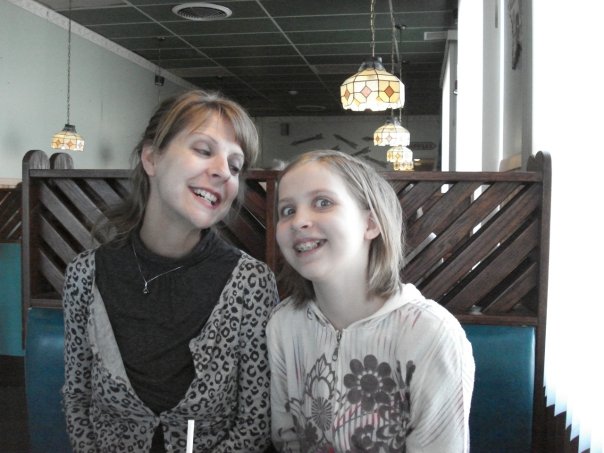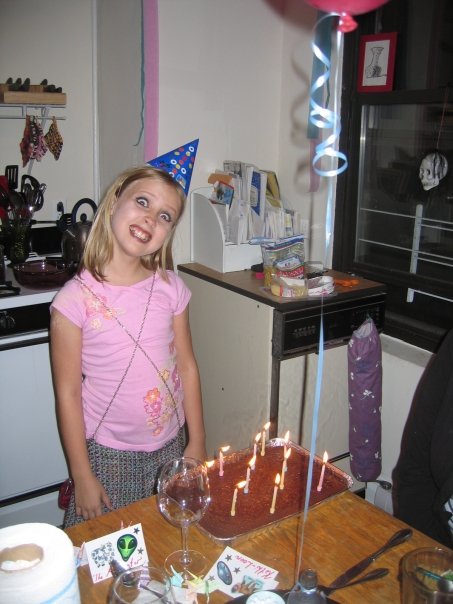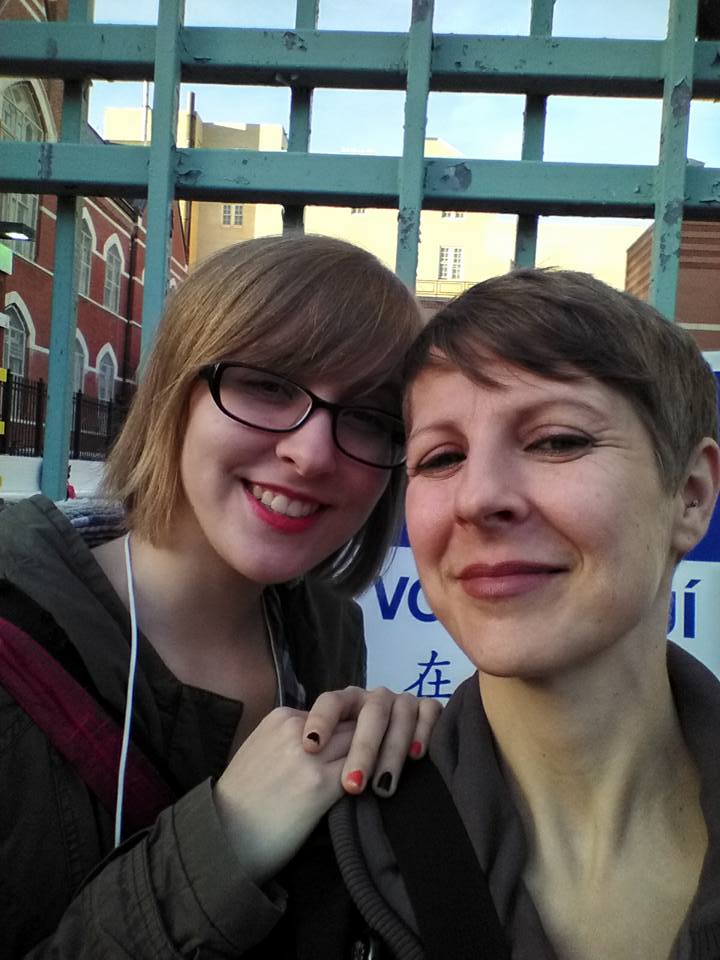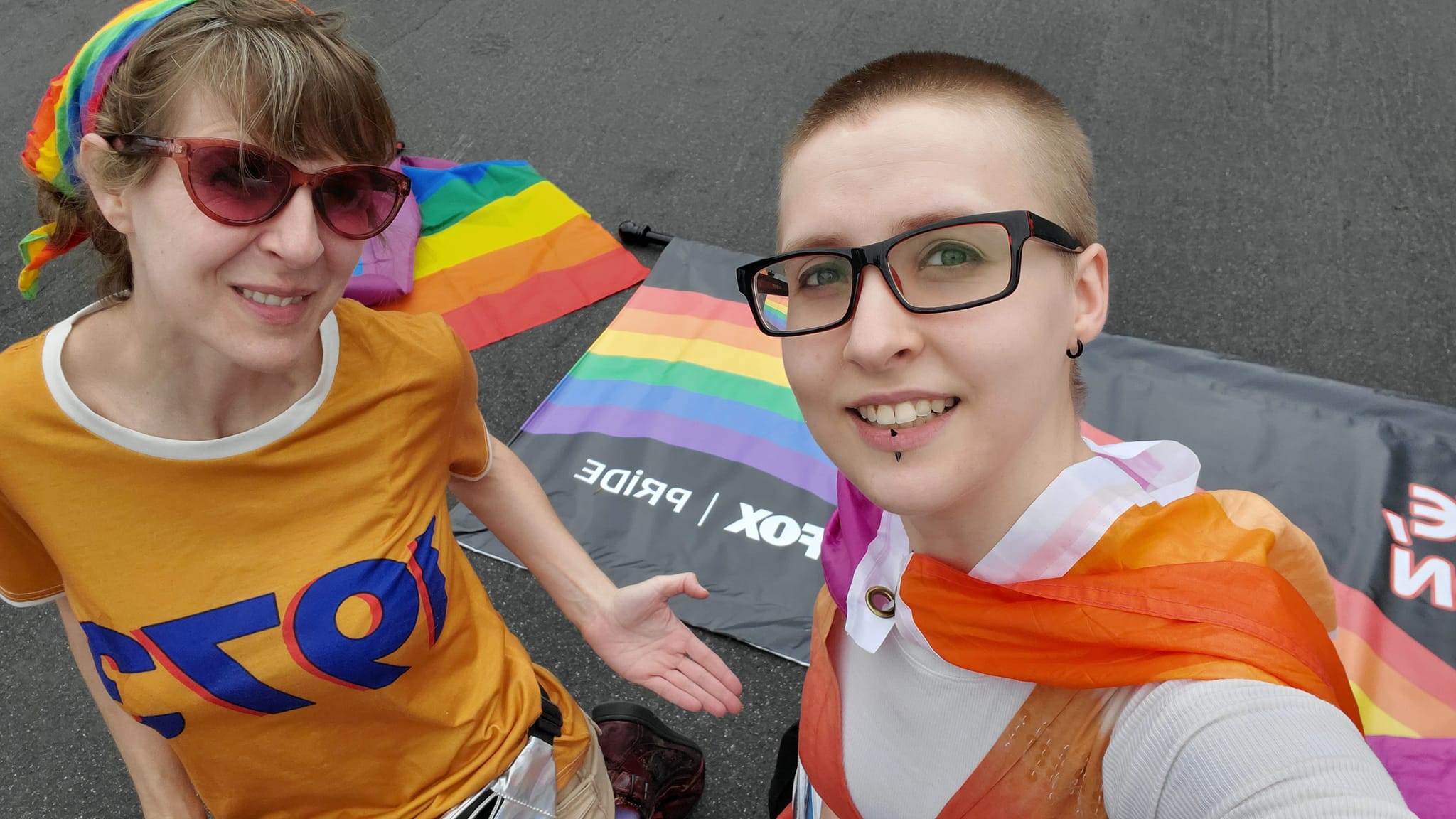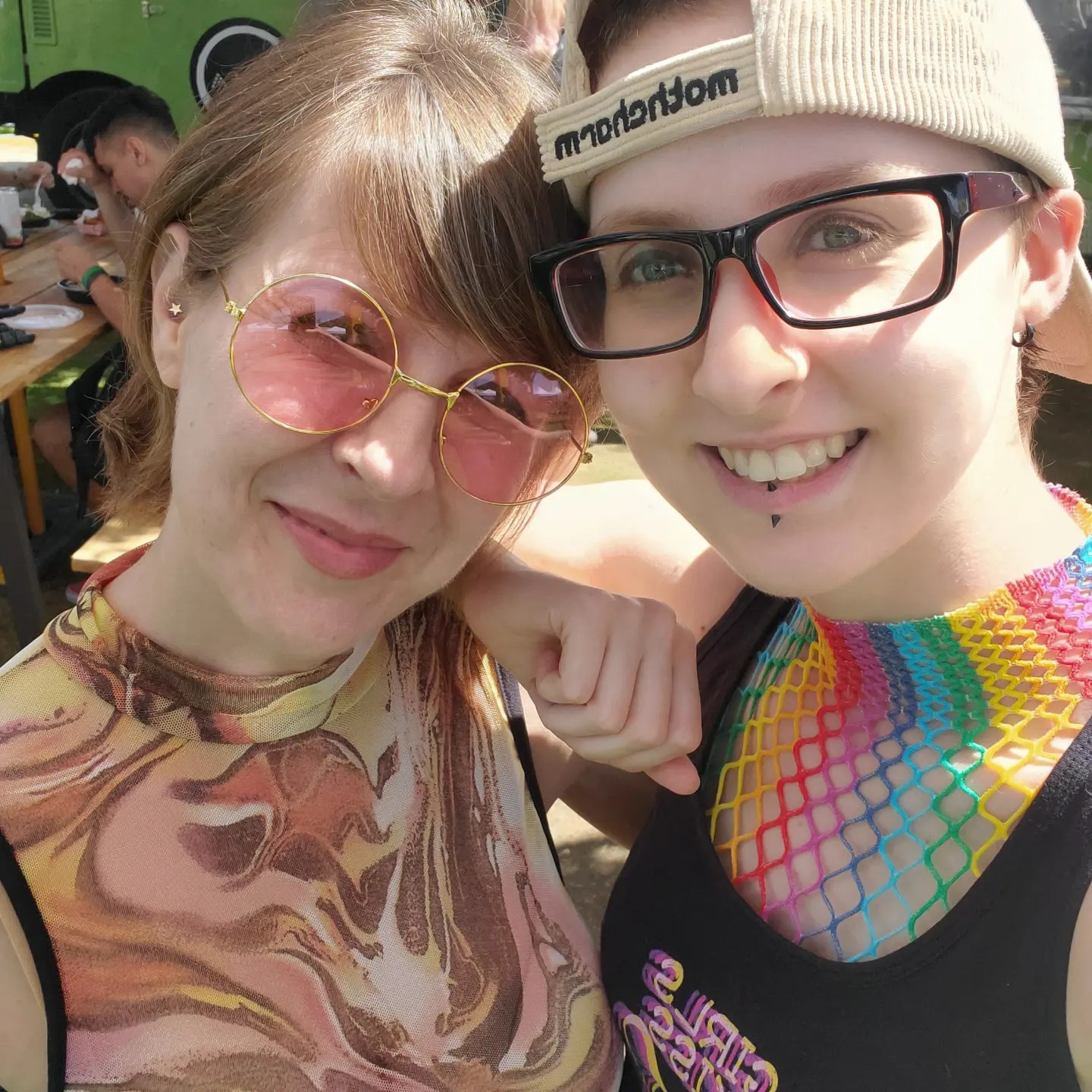

Today we’d like to introduce you to Susan Godfrey.
Hi Susan, can you start by introducing yourself? We’d love to learn more about how you got to where you are today?
My dad was the principal of an elementary school in Sioux City, Iowa, when the city rolled out some of the first Mac computers—one to every school in the district. I don’t know what his premonition was but I can only be grateful that every Friday, Principal Godfrey would load that Apple IIc into the car and bring it home for us kids to mess around with over the weekend. Those weekends were the beginning of everything.
My sister, bothers and I were already nerds on all fronts: games, puzzles, comics, D&D, Elfquest, books… Computers only made for more of the same—we were hooked. My brother loved experimenting with the early graphics, and I was fascinated by operating processes; figuring out how to interface, build and run our programs. These were pre-internet, pre-Windows, pre-mouse days. We grew up alongside those machines, discovering new possibilities and motivations as the technology evolved with us.
When I became a mom, sharing with my daughter the comics, art and films I’d loved as a kid rekindled a desire to help create the kind of media that had always kept me going. Once she was old enough to start school, I enrolled at the School of Visual Arts in New York and found my path into animation. I was drawn equally to learning storytelling and mastering the programs that became the backbone of the modern creative workflows.
Working in animation in New York meant constant hustle. I eventually opened my own studio to stay busy between gigs and to pitch original projects. When my daughter graduated high school and began her own life, I moved to Los Angeles to take part in larger-scale productions and join the wider creative community I’d long admired.
During the pandemic, my daughter and I launched a podcast together, revisiting the books, comics, and films that shaped us—two generations of story makers and fans reflecting on the media that carried us through, what we kept with us and what we carry forward. The industry continues to surge, sputter, and reinvent itself, and getting this podcast into the world while everything shifts again has been a reminder that—job or no job—I’ve been lucky to contribute to this field and lucky to be inspired by the extraordinary people that make the stories we consume possible.
This city is full of people drawn here to build worlds from our imaginations and experiences. I count myself among them: one of many who came here to give form to the stories that make us.
Would you say it’s been a smooth road, and if not what are some of the biggest challenges you’ve faced along the way?
It definitely hasn’t been a smooth road. Breaking into the industry was hard—especially in New York, where unpaid internships were standard and “getting experience” often meant working for free until you’d proven yourself enough to be hired. It took a great deal of determination to stay in the game, rolling from gig to gig while trying to keep the rent paid and the lights on.
Those years taught me endurance, humility and how to build community. I met others just as driven—artists who slept under their desks or worked summers in ice cream trucks just to afford another semester. That kind of persistence leaves a mark.
For years, I worked nights in bars and clubs to support my daughter and keep us afloat while I built my career. Being a single parent in this industry comes with its own set of challenges, but I’ve been incredibly lucky—my daughter has always shared my enthusiasm for the media I love and the work I do.
The entertainment industry has its ebbs and flows, but I’ve learned to ride them. Through every lull, there’s been something extraordinary being made somewhere—projects and people that remind me why I started and why I stay inspired.
As you know, we’re big fans of you and your work. For our readers who might not be as familiar what can you tell them about what you do?
I’ve pitched a million great ideas and helped bring a lot of other people’s visions to life. What I love most is building a pipeline that works—seeing a team find its rhythm, solving the invisible problems that make creativity possible.
I specialize in production and workflow development for animation and media projects, helping teams move from concept to delivery without losing heart. Over the years, I’ve also gotten involved with the Union and legislative work around tax credits, because I care deeply about keeping animation jobs sustainable and livable for US artists.
It’s been frustrating at times—feeling like I’ve paid my dues and still finding myself a year out of steady work—but it’s also been a gift. The downtime has given me the space to focus on creative projects like my podcast with my daughter.
Recently, at the Ottawa International Animation Festival, I saw a presentation for K-Pop Demon Hunters and found myself in tears—grateful to see a story about girls facing their demons instead of chasing self worth through male acknowledgement; all that matters is the white dress! I was grateful to learn that a woman and mother on staff at Sony was this show’s creator. It reminded me why I stay in this field: for the faith, the fight and the gratitude I feel when great stories are told that fortify and inspire us all.
Who else deserves credit in your story?
I’ve had so many people help shape my path, but first and always, my daughter. She’s been my motivation through everything—my reason to keep going when things got hard, and my creative partner as she’s grown. Working on our podcast together has reminded me that everything I’ve learned along the way was really leading to this kind of collaboration.
I’ve also been lucky to work with and learn from incredible producers who taught me how to hold a production together, modeled poise and gave me room to grow into leadership.
Signe Baumane has been a huge inspiration. She proved that the impossible—a one-woman animated feature—is possible, and that we don’t need a corporate permission slip to tell our own stories.
Debby Solomon has been a model of professionalism and perseverance in an unpredictable industry. Both have shown me what it looks like to build meaningful work and community, retain your identity and last in an industry that can seem to consume people.
Pernelle Hayes was my last producer, has overseen the creation of so many great shows and certainly inspired me with her competence, dependable calm and steady hand.
Contact Info:
- Website: https://keepyourforkpodcast.com/
- Facebook: https://www.facebook.com/people/Keep-Your-Fork-Theres-Podcast/61574910555089/
- LinkedIn: https://www.linkedin.com/in/susan-godfrey-9a3a85b/
- Other: https://anothergain.substack.com/
